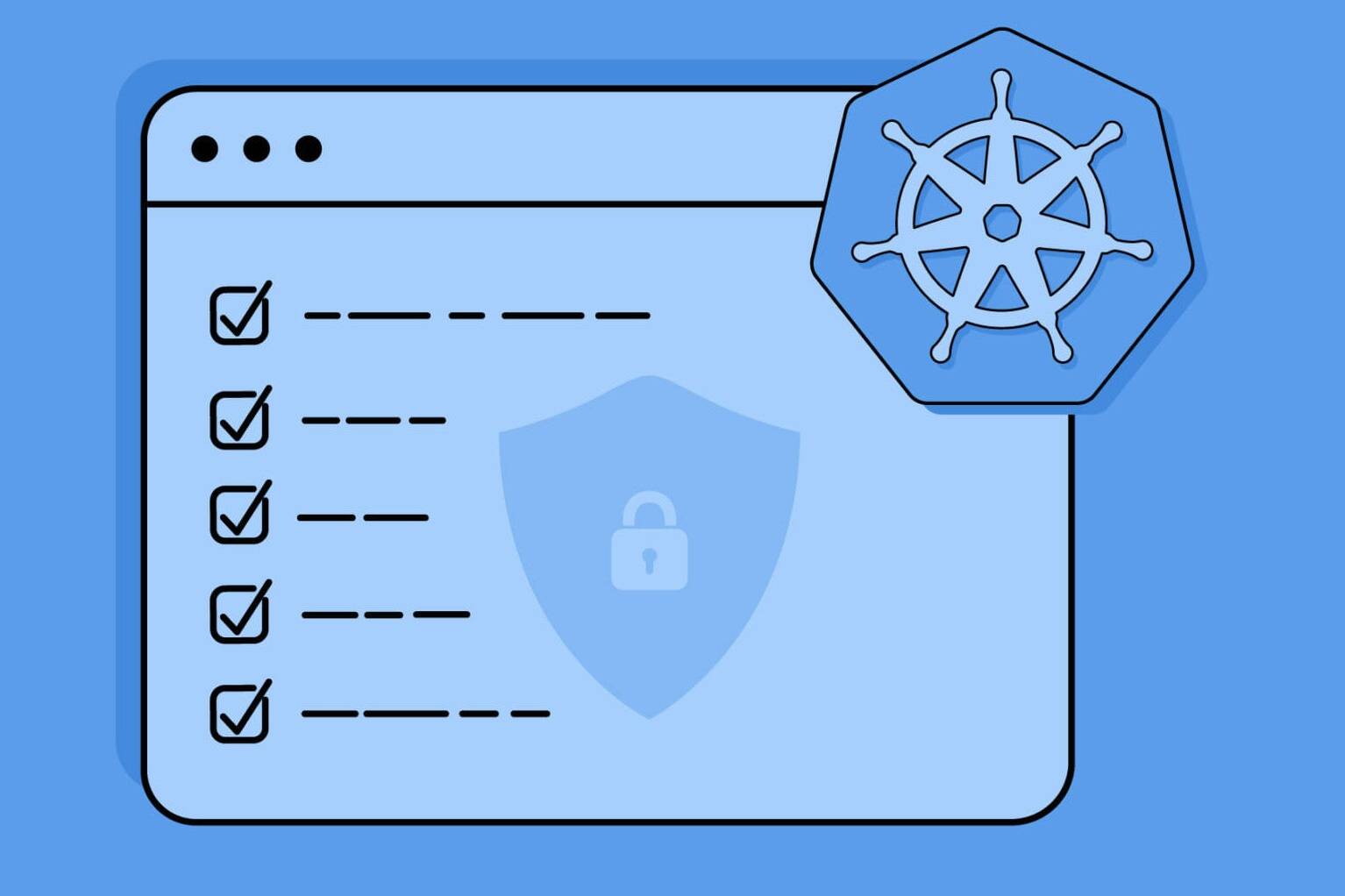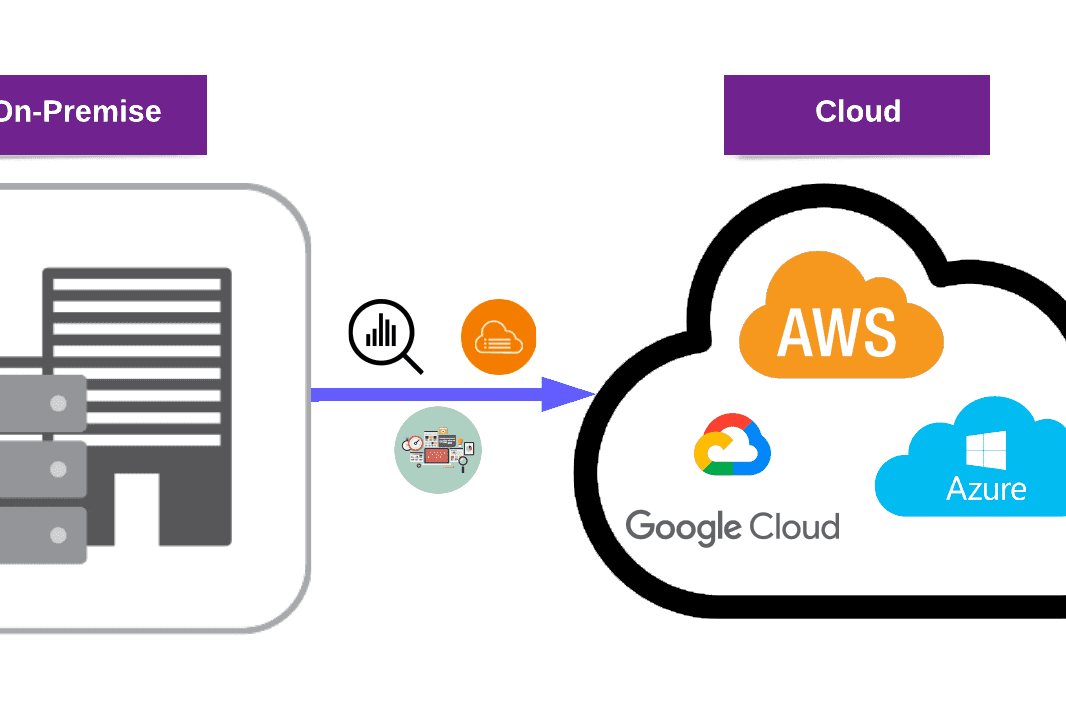The ongoing COVID-19 pandemic is not only a public health crisis but also a cybersecurity crisis. Cybercriminals are taking advantage of the pandemic to exploit vulnerable individuals and organizations.
Thus, we will explore some of the most common cyber threats related to COVID-19, including fake websites, social engineering, and email scams.

Resources:
We’d like to share a few resources that have drawn attention to some cybersecurity attacks due to the spread of the coronavirus:
Need comprehensive information about cyber attacks? Check out this blog post: What is a Cyber Attack?
1. Digital Shadows
Digital Shadows has explained the COVID-19-themed phishing scheme that the Russian-language cybercriminal forum XSS advertised in February 2020.

XSS post on COVID-19-related phishing scam
2. Recorded Future
Recorded Future examined how risk-performing factors are utilizing the worldwide disturbances caused by COVID-19 to assist their cyber danger exercises. The research provides an understanding of cybersecurity risks that have arisen from the spread of COVID-19.

Graph showing the registrations of COVID-19-related domains per day in 2020.
3. HelpNetSecurity
HelpNetSecurity highlighted the risk of the Western world being captured unprepared against security flaws due to their usage of online technology, computers, mobile phones, and emails due to a variety of coronavirus-related cyber scams and schemes.
Sophos researchers are warning about malicious emails that Italian-speaking victims are receiving:

Malicious email example that Italian-speaking victims are receiving during Covid-19.
Also see: What is Cloud Security?
4. The World Health Organization (WHO)
The World Health Organization (WHO) has warned everyone to beware of criminals pretending to be WHO since hackers attempted to trick people into clicking on malicious links or opening attachments by taking advantage of the pandemic. If contacted by a person or organization that appears to be from WHO, the organization recommended verifying the authenticity before responding.
Conclusion
As COVID-19 continues to spread across the globe, cybercriminals are taking advantage of the pandemic to exploit vulnerable individuals and organizations. The attacks discussed in this article are just a few examples of the dangers of cyber threats in times of crisis. It is important to remain vigilant and take necessary precautions to protect ourselves and our organizations from cyber risks.
By staying informed and implementing best practices in cybersecurity, we can help prevent financial damage and the spread of dangerous misinformation.
At PurpleBox, we offer a range of services, including Vulnerability Management, to help keep your organization secure. Let’s work together to stay safe and secure in these challenging times.


